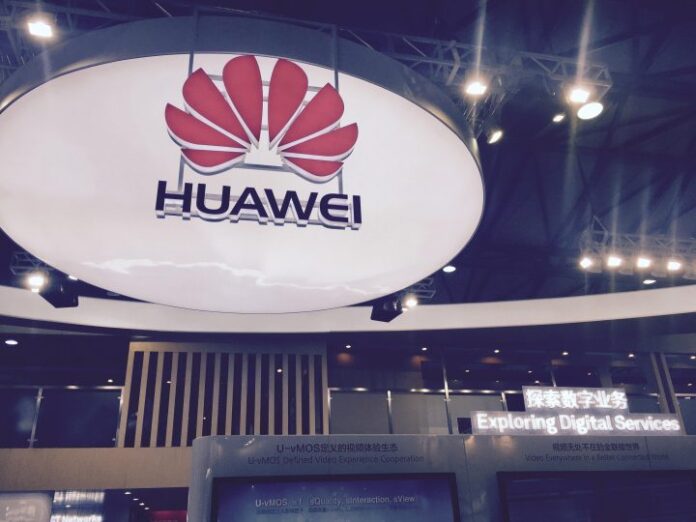The Chinese vendor also urged governments to show clear evidence of alleged security threats
Chinese vendor Huawei announced plans to invest $2 billion over the next five years to focus on cybersecurity, international press reported the company’s rotating chairman Ken Hu as saying this week at a press conference.
Hu said that most of the investment will be used to hire additional people in this field as well as upgrading lab facilities.
The executive also urged governments enacting bans on Chinese equipment to show evidence of the alleged security threats. Hu added that any concerns or allegations on security issues should be based on factual evidence. “Without factual evidence we don’t accept and we oppose those allegations,” the executive reportedly said.
He added that the vendor has been communicating with governments worldwide in a move to disperse security concerns.
“When it comes to security, we need to let the facts speak for themselves, Huawei’s record on security is clean.” Over 30 years, the company has never had a serious cyber security issue or seen any evidence showing its equipment is a security threat: “We have a solid track record,” Hu said during a press conference at the company’s headquarters in Shenzhen, China.
Hu also highlighted that Huawei has to be proactive with governments, local communities and its customers. “As technology becomes more complex and networks become more open, we will continue to increase our investment in security related efforts,” he said.
Hu said Huawei had already secured over 25 commercial contracts for 5G, slightly above the 22 the Chinese technology giant had announced last month.
Huawei has shipped more than 10,000 5G base stations, he said, adding that Huawei expects revenue to exceed $100 billion this year – up 8.7% from last year.
A number of countries including the United States, Australia and New Zealand have raised security concerns about the deployment of Huawei’s 5G core networks.
In August, Australian authorities announced a decision to prevent certain vendors from taking part in the rollout of 5G mobile networks across the country, effectively banning Chinese companies Huawei and ZTE from involvement. Huawei said the decision by the Australian government to block the company from the country’s domestic 5G market is politically motivated and not the result of a fact-based decision-making process.
Also in August, U.S. President Donald Trump signed the National Defense Authorization Act, or NDAA, which includes new regulations that ban government agencies doing business with Chinese vendors Huawei and ZTE.
The bill prohibits the U.S. government and its contractors from buying certain telecommunications and video surveillance equipment from Huawei, ZTE and other Chinese communications companies.
Last month, Huawei has said it was seeking to establish contacts with New Zealand authorities following a recent announcement that the vendor has been blocked from participating in local carrier Spark’s 5G network deployment, New Zealand press reported. New Zealand’s Intelligence services Minister Andrew said that the government’s decision not to allow Spark to use Huawei gear over national security risk was not a ban.
Earlier this month, UK’s BT Group said it was removing Huawei’s equipment from the core of its existing 3G and 4G mobile operations — which it said was part of ongoing work on the former EE network. BT also said that it would not use Huawei 5G equipment in the carrier’s 5G core networks, although it said Huawei was not excluded from providing Radio Access Network equipment.
According to recent reports, the Japanese government banned Chinese vendors from participating in government procurement processes for the deployment of 5G.

